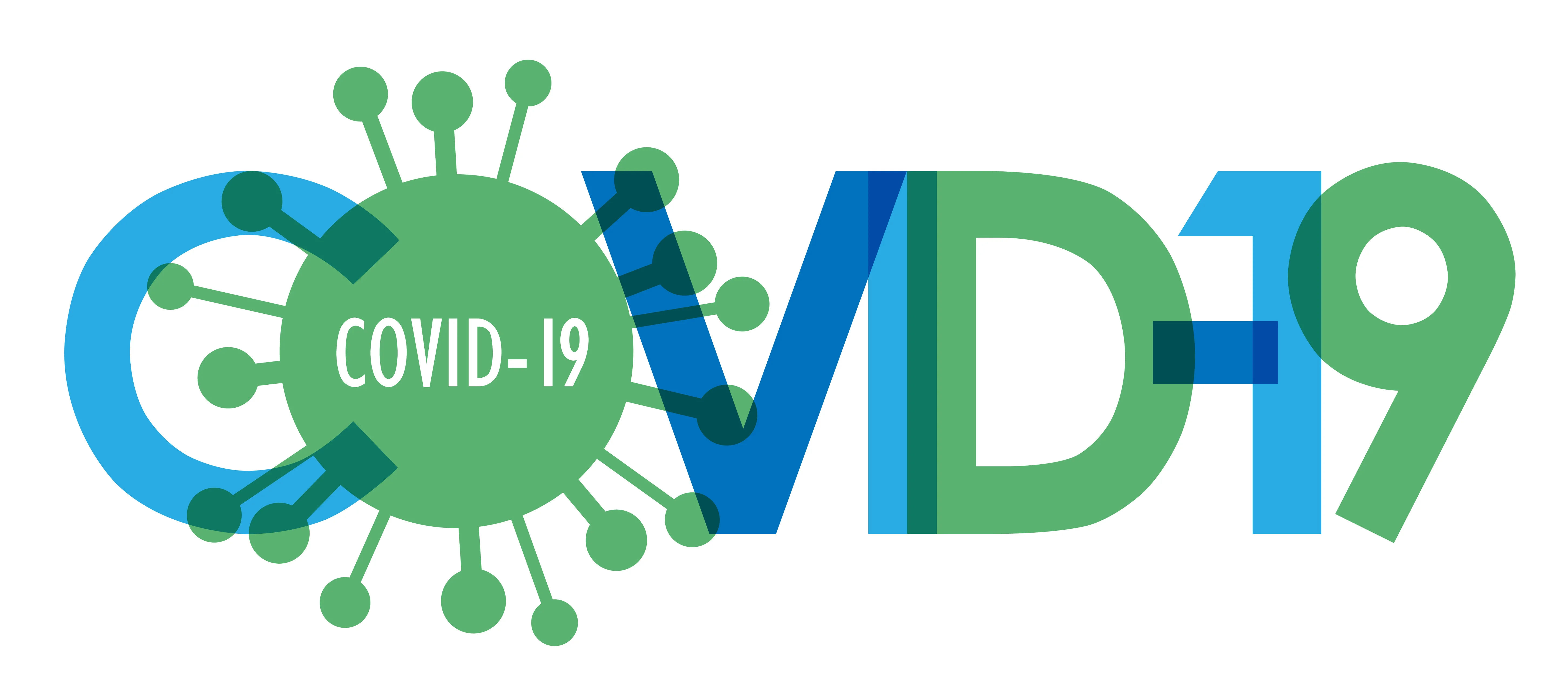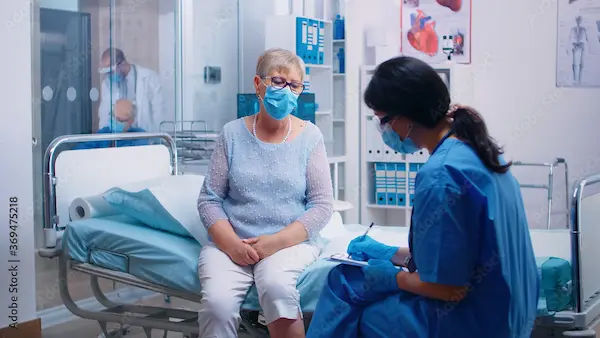Understanding Omicron Symptoms and Differences
Know about Omicron, what it is, common symptoms, how it is different from variants and how to protect yourself from Omicron.

Written by Dr. M L Ezhilarasan
Reviewed by Dr. Shaik Abdul Kalam MD (Physician)
Last updated on 13th Jan, 2026

Introduction
The COVID-19 pandemic has evolved, with new variants emerging. One such variant, Omicron, has raised concerns due to its high transmission rate and unique symptoms. If you or a loved one has been affected by Omicron, it’s natural to have questions. This article will help you understand its symptoms, how it differs from earlier variants, and what you can do to stay safe.
What is the Omicron Variant?
Omicron is a highly contagious strain of the SARS-CoV-2 virus, first identified in late 2021. It has multiple mutations, making it spread faster than previous variants like Delta. While it often causes milder illness in vaccinated individuals, it can still lead to severe disease in high-risk groups.
Common Symptoms of Omicron
Omicron symptoms can vary from person to person, but some of the most frequently reported ones include:
- Sore throat – Often one of the first signs.
- Runny or stuffy nose – Similar to a common cold.
- Fatigue – Feeling unusually tired.
- Headache – Mild to moderate pain.
- Mild fever or chills – Not always high fever.
- Cough – Usually dry but not as severe as earlier variants.
- Muscle aches – General body discomfort.
- Loss of taste or smell – Less common than with Delta but still possible.
Unlike earlier COVID strains, Omicron rarely causes severe shortness of breath in vaccinated individuals. However, unvaccinated people, older adults, and those with weakened immunity may still experience complications.
How is Omicron Different from Previous Variants?
It includes:
- Faster Spread – Omicron spreads much more easily than Delta or the original COVID-19 strain.
- Milder Symptoms (for many) – Vaccinated people often experience cold-like symptoms rather than severe respiratory issues.
- Shorter Incubation Period – Symptoms appear within 2-3 days of exposure, compared to 5-6 days with Delta.
- Less Impact on Lungs – Earlier variants caused more lung infections, while Omicron tends to affect the upper
respiratory tract (nose, throat). - More Breakthrough Infections – Even vaccinated individuals can get infected, but symptoms are usually milder.
Who is at Higher Risk?
While Omicron is generally less severe, some people are still at risk of complications, including:
Unvaccinated individuals
- Elderly adults (65+)
- People with chronic diseases (diabetes, heart disease, lung conditions)
- Those with weakened immune systems (cancer patients, organ transplant recipients)
How to Protect Yourself from Omicron
It includes:
- Get Vaccinated & Boosted – Vaccines significantly reduce severe illness.
- Wear a Mask – Use a well-fitted N95 or surgical mask in crowded places.
- Wash Hands Frequently – Use soap and water or sanitiser.
- Avoid Crowded Indoor Spaces – Opt for well-ventilated areas.
- Test if You Have Symptoms – Early detection helps prevent spread.
When to Seek Medical Help?
Most Omicron cases can be managed at home with rest and hydration. However, seek medical attention if you
experience:
- Difficulty breathing
- Persistent chest pain
- Confusion or inability to stay awake
- Bluish lips or face
Managing Omicron at Home
If you test positive but have mild symptoms:
- Rest and hydrate – Drink warm fluids like herbal tea.
- Take over-the-counter medicines (paracetamol for fever, throat lozenges).
- Isolate for at least 5 days to avoid spreading the virus.
- Monitor oxygen levels (if you have a pulse oximeter, keep readings above 94%).
Final Thoughts
Omicron may be milder for many, but it’s still important to take precautions. Vaccination, masking, and early testing
remain key to staying protected. If you experience severe symptoms, don’t hesitate to seek medical care.
Consult a Pulmonologist for Personalised Advice
Consult a Pulmonologist for Personalised Advice

Dr. P Sravani
Pulmonology Respiratory Medicine Specialist
3 Years • MBBS, MD
Visakhapatnam
Apollo Clinic Vizag, Visakhapatnam

Dr Rakesh Bilagi
Pulmonology Respiratory Medicine Specialist
10 Years • MBBS MD PULMONOLOGIST
Bengaluru
Apollo Clinic, JP nagar, Bengaluru

Dr. E Prabhakar Sastry
General Physician/ Internal Medicine Specialist
40 Years • MD(Internal Medicine)
Manikonda Jagir
Apollo Clinic, Manikonda, Manikonda Jagir
(150+ Patients)
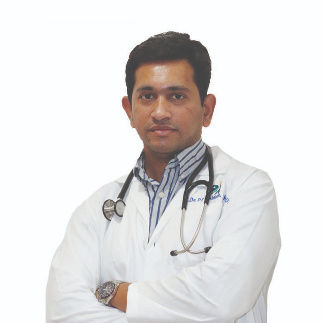
Dr. K Prasanna Kumar Reddy
Pulmonology Respiratory Medicine Specialist
16 Years • MBBS, DTCD (TB&CHEST), DNB (PULM MED), FCCP
Hyderabad
Apollo Medical Centre Kondapur, Hyderabad
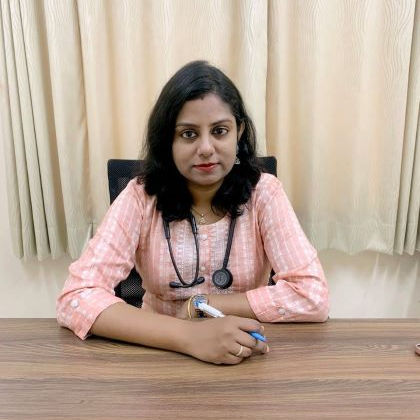
Dr. Tikly Das
Pulmonology Respiratory Medicine Specialist
7 Years • MBBS, Diploma in Tuberculosis and Chest Diseases
New Town
Dr Tikly Das' Clinic, New Town
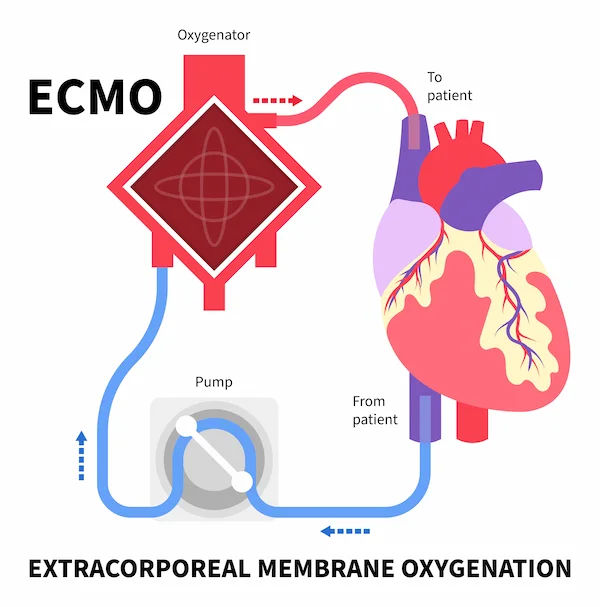
.webp)
